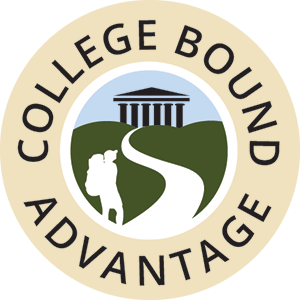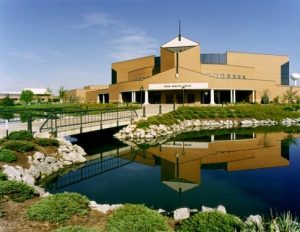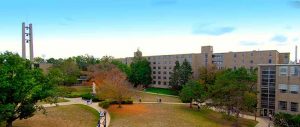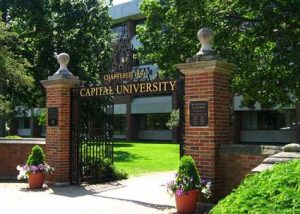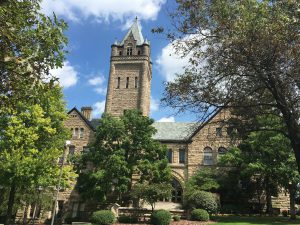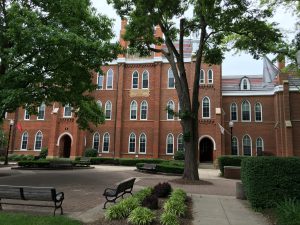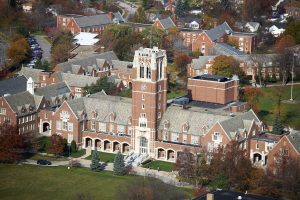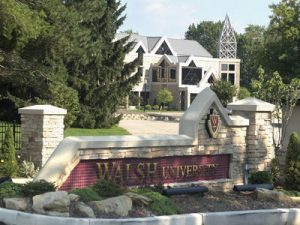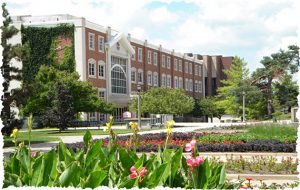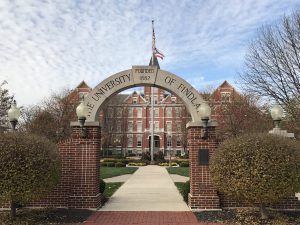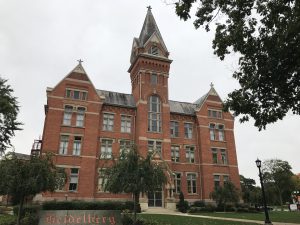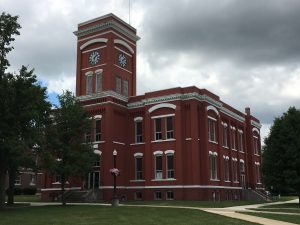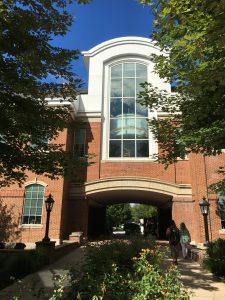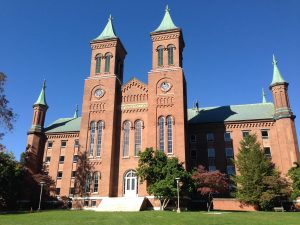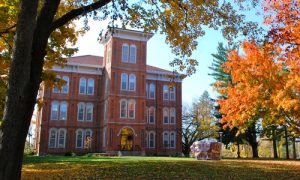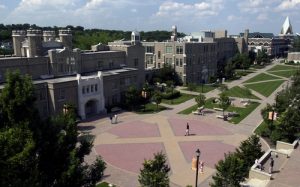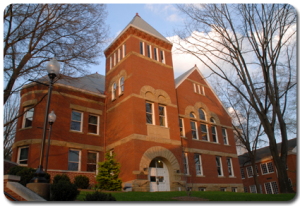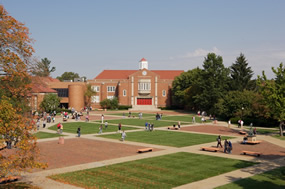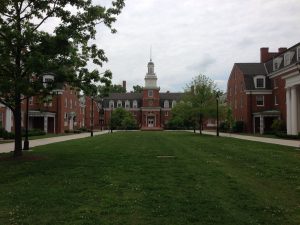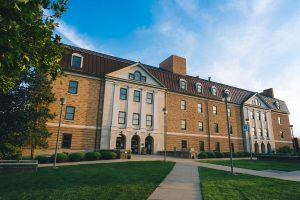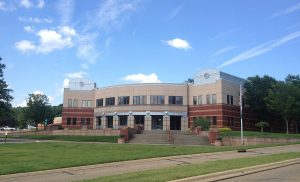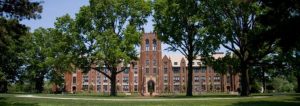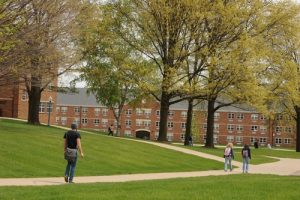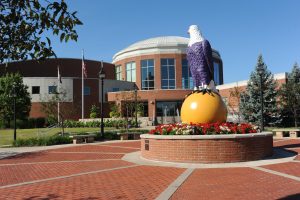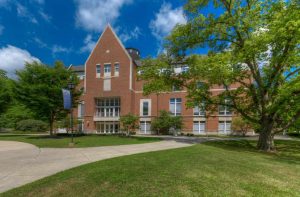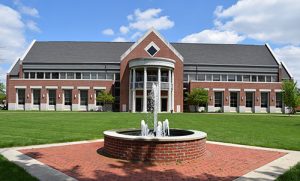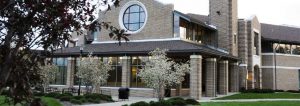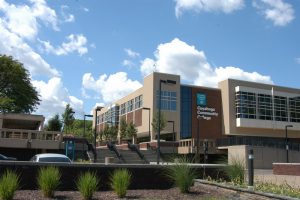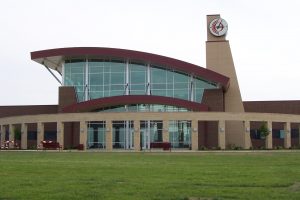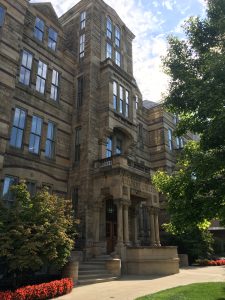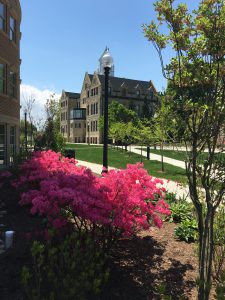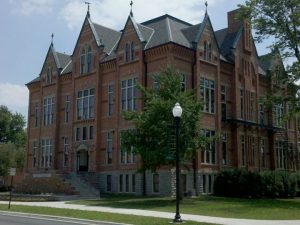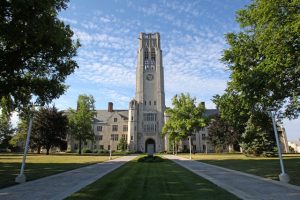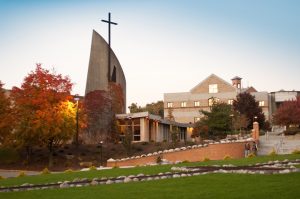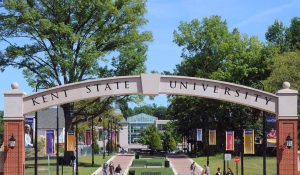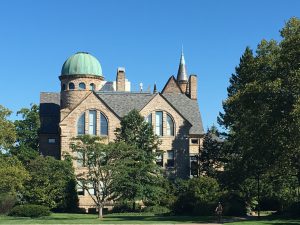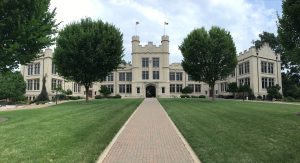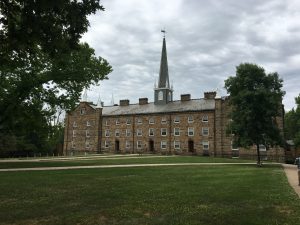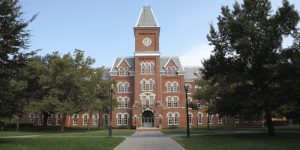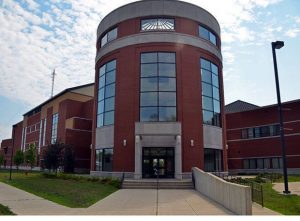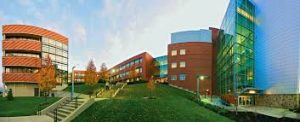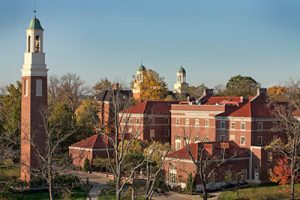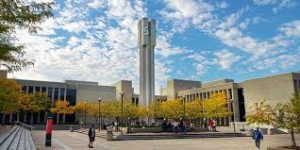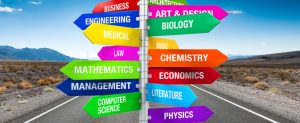
In my last blog we looked at how carefully designed, immersive, co-curricular experiences can build a strong support system around students that help them succeed. Now we will shift to the academic side of the house and consider how a student’s engagement with their major area of study can also elevate motivation and improve success.
Over the last 20 years, I have served as the academic advisor for over 400 college students. Many of these students worked with me for their entire four-year college career. Over those years I have been able to compile and test some key advising principles that today inform our processes at College Bound Advantage.
First, I have come to appreciate the importance of helping students identify and commit to a major aligned with their interests, strengths, and aspirations as soon as possible. Over the years, I developed a simple process for my “undecided” advisees that begins with exploring the student’s interests, favorite high school courses, academic performance and courses taken to date, strengths, and current thinking about career in order to create a “Map” of potential majors, minors, and careers to explore. We then identify courses and other experiences that can help them discern between options. Families not working with us might consider suggesting that their student request these services from their campus Career Center.
The commonly accepted notion that encourages students to begin college as completely “undecided” and wander around hoping that illumination will follow is, in my opinion, problematic or at least incomplete. In my experience, students find it hard to extract meaning and motivation from such aimless academic drifting and are much better served with a clear plan to explore options aligned with their interests and strengths. Additionally, most students don’t understand major options and need them clearly defined, translated into courses and careers, differentiated from other similar options and organized into a plan of exploration that they can get excited about.
Second, once exploration unfolds and the student identifies a major that they are excited about, another level of planning and exploration becomes possible. It is at this point that students can be encouraged to consider joining student or professional organizations aligned with their major; explore aligned study abroad opportunities; consider internships, coops, or service opportunities related to their major, or join related residential learning communities. These activities clarify choices, deepen commitment, create career pathways, and connect students to others with similar interests.
It has been my experience that once students ascribe meaning and purpose to their academic program, they enjoy increased motivation, improved retention, and strengthen their chances of graduation and success beyond college. The all-to-common alternative is characterized by uncertainty, periodic major changes, lack of motivation, anxiety about the future, reduced retention rates, and employment challenges following graduation.
Of course, even better than beginning this process in college is getting a head start while in high school. High school courses, dual enrollment options, career projects, and college visits can be used to help students accelerate this process and enter college much closer to a potential great-fit major and all the motivating and success-enhancing benefits that go along with it.
Finally, and perhaps most importantly, once a student has found a major to get excited about and built their involvements, activities, internships, and career aspirations around it, they learn how powerful the simultaneous alignment of all these factors can be. They also learn that they can do it over and over throughout their life as they, and the world, change. They become more confident, capable of informed risk taking, and motivated. They are also much less likely to settle for careers and involvements that don’t enrich them because they know they can orchestrate change and they know what it feels like to be working toward something they are excited about.
So, if we can coach our students to get involved in one or more immersive co-curricular experiences that will help them solidify a support network and better identify with their college while supporting their journey to find a major that is aligned with their strengths, interests, and capabilities, then…we can sit back and enjoy watching them grow into responsible, happy, healthy adults. Now what’s wrong with that!
About the Author: After touring 60 of the best colleges in Ohio, Dr. Jay, a prior faculty member and dean, founded College Bound Advantage (CBA) – a Columbus, Ohio college consulting firm. CBA specializes in helping families optimize college selection around 18 “fit factors” and helping students clarify co-curricular and major options while exploring colleges that specialize in them. College Bound Advantage serves all of Ohio including Cleveland, Akron, and Cincinnati metro areas. Check us out at www.collegeboundadvantage.com .
